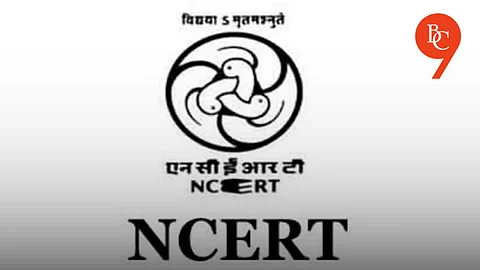

A major revision to the National Council of Educational Research and Training (NCERT) Class 8 Social Science textbook has ignited nationwide discussion. The new edition, ‘Exploring Society: India and Beyond’, adopts an unflinching approach to the medieval period by explicitly highlighting the brutality of the Delhi Sultanate and the religious intolerance of the Mughals, while also featuring a cautionary disclaimer aimed at encouraging balanced reflection on historical events.
Unlike previous editions, this NCERT textbook introduces students to the Delhi Sultanate and Mughal periods with a critical lens. The book describes Babur as a “brutal and ruthless conqueror, slaughtering entire populations of cities,” presents Akbar’s reign as a nuanced blend of brutality and tolerance, and details Aurangzeb’s rule, referencing the destruction of temples and gurdwaras, to illustrate episodes of religious persecution.
For the Delhi Sultanate, the textbook covers the era’s political instability and frequent military campaigns, village and city plundering, as well as the destruction of seats of learning and temples. These depictions, previously absent or downplayed in the Class 7 curriculum, are now introduced to students earlier in their academic journey but with increased candor and specificity.
The content shift follows the recommendations in the National Curriculum Framework for School Education (NCF SE) 2023, which advocates for a more thematic and critical approach to history education. NCERT maintains that a candid portrayal of the medieval era enables students to better grasp the complexities and dynamics of India’s political map from the 13th to the 17th century.
According to officials, the update is designed to avoid "sanitizing history" but also to avoid inflaming present-day sensitivities. The balancing act is reflected in language choices and the inclusion of cautionary notes.
The curriculum still covers other crucial facets of the period, such as the Bhakti and Sufi movements, the rise of regional kingdoms, and the emergence of the Marathas and Sikhs. These inclusions strive to provide a broader context to the events flagged as particularly violent or intolerant.
